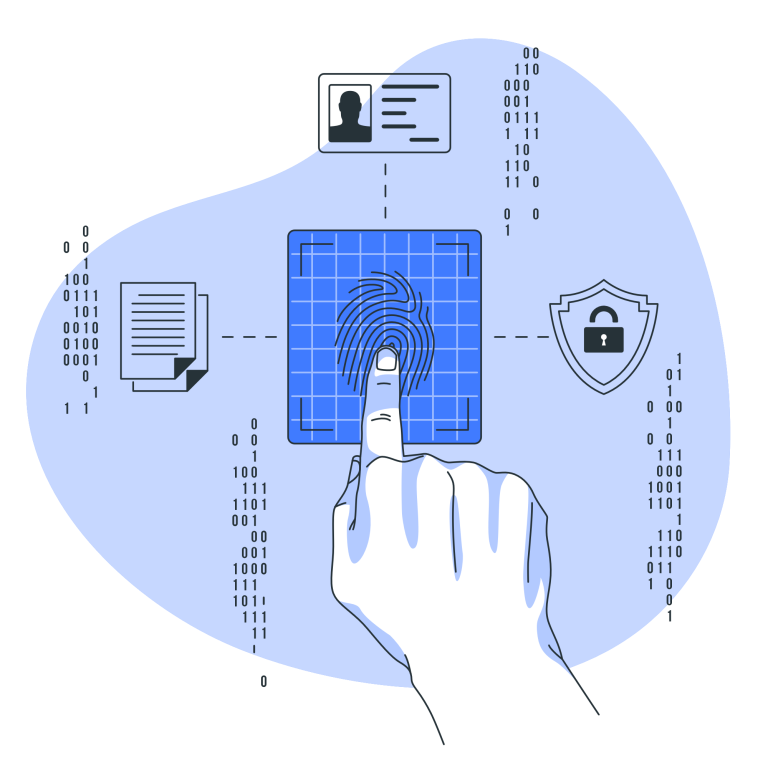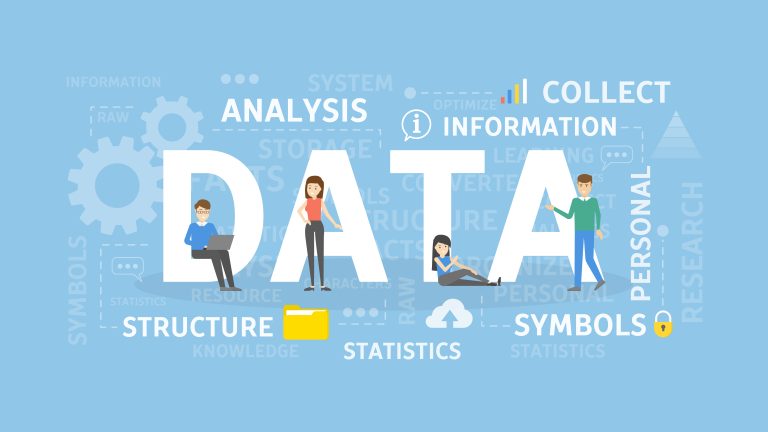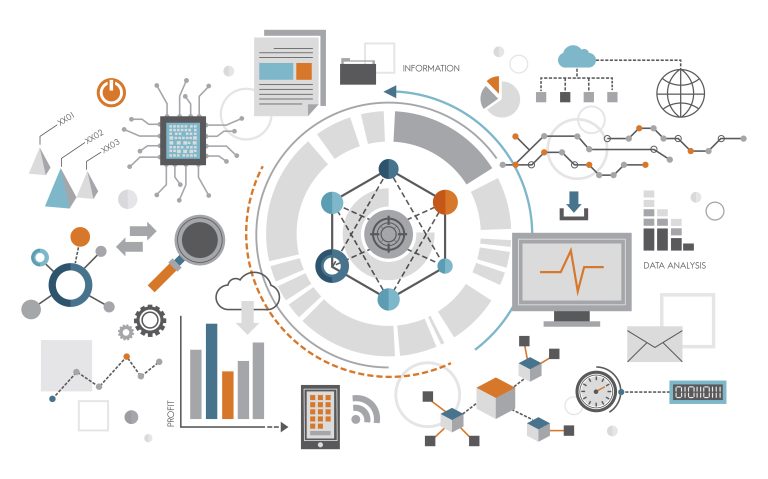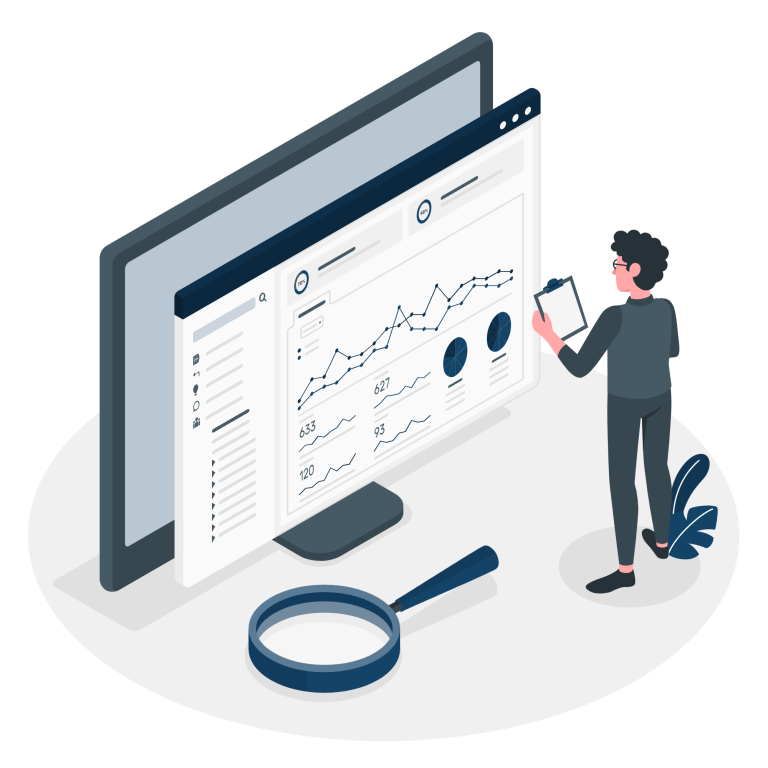Introduction:
In today’s digitally-driven world, data has become the lifeblood of organizations across industries. The vast amount of information generated daily presents both a challenge and an opportunity. Enter data science, a field that combines statistical analysis, programming, and domain knowledge to extract meaningful insights and drive informed decision-making. In this blog, we will explore the fascinating world of data science, its applications, and the impact it can have on businesses and society.
What is Data Science?
Data science is an interdisciplinary field that combines scientific methods, algorithms, and systems to extract knowledge and insights from structured and unstructured data. It encompasses various disciplines such as statistics, mathematics, computer science, and domain expertise. Data scientists employ techniques like data mining, machine learning, and predictive analytics to uncover patterns, make predictions, and solve complex problems.
The Data Science Process:
The data science process involves several key steps:
a) Problem Definition: Defining clear objectives and understanding the problem at hand is crucial. Data scientists work closely with stakeholders to identify the business problem and align it with data-driven solutions.
b) Data Collection: Gathering relevant data from various sources is the next step. This could involve structured data from databases, unstructured data from social media, or even sensor data from IoT devices.
c) Data Cleaning and Preprocessing: Raw data often contains errors, missing values, or inconsistencies. Data scientists clean and preprocess the data, ensuring its quality and removing any noise that could impact the analysis.
d) Exploratory Data Analysis (EDA): EDA involves visualizing and summarizing the data to gain insights, identify patterns, and formulate hypotheses. It helps in understanding the relationships between variables and uncovering potential insights.
e) Model Building and Evaluation: Data scientists use various statistical and machine learning techniques to build models that can make accurate predictions or uncover hidden patterns. The models are evaluated using appropriate metrics and fine-tuned for optimal performance.
f) Deployment and Monitoring: Once the model is developed, it is deployed into production systems to make predictions or provide actionable insights. Continuous monitoring ensures the model’s performance remains reliable over time.
Applications of Data Science:
Data science finds application in numerous fields, including but not limited to:
a) Business Analytics: Data science helps businesses optimize their operations, improve customer segmentation, and forecast demand. It enables data-driven decision-making and aids in identifying growth opportunities and reducing risks.
b) Healthcare: Data science plays a vital role in analyzing medical records, identifying disease patterns, predicting patient outcomes, and supporting personalized treatments. It also assists in drug discovery and genomics research.
c) Finance: Data science drives fraud detection, risk assessment, algorithmic trading, and portfolio optimization in the finance industry. It provides insights into market trends, customer behavior, and credit scoring.
d) Marketing and Advertising: Data science helps marketers understand customer preferences, segment audiences, and personalize marketing campaigns. It optimizes ad targeting, analyzes sentiment on social media, and measures campaign effectiveness.
e) Transportation and Logistics: Data science enables route optimization, predictive maintenance, demand forecasting, and supply chain optimization. It helps in reducing costs, improving efficiency, and enhancing customer satisfaction.
Ethical Considerations:
With great power comes great responsibility 🕸️😉. Data scientists must be mindful of ethical considerations while working with sensitive data. They need to ensure data privacy, avoid bias in algorithms, and maintain transparency in their decision-making processes. Responsible data science practices ensure that the benefits of data-driven insights are realized without compromising individual privacy or perpetuating social inequalities.
Conclusion:
Data science is revolutionizing the way organizations operate and make decisions. It empowers businesses to harness the power of data, uncover valuable insights, and transform them into actionable strategies. From healthcare to finance, marketing to logistics, data science has permeated various industries, driving innovation and unlocking new possibilities. As we move forward, the ethical implications of data science must be at the forefront to ensure responsible and inclusive use of data. Embracing data science and its potential can lead us to a future where data-driven insights drive positive change and create a more informed and connected world.




